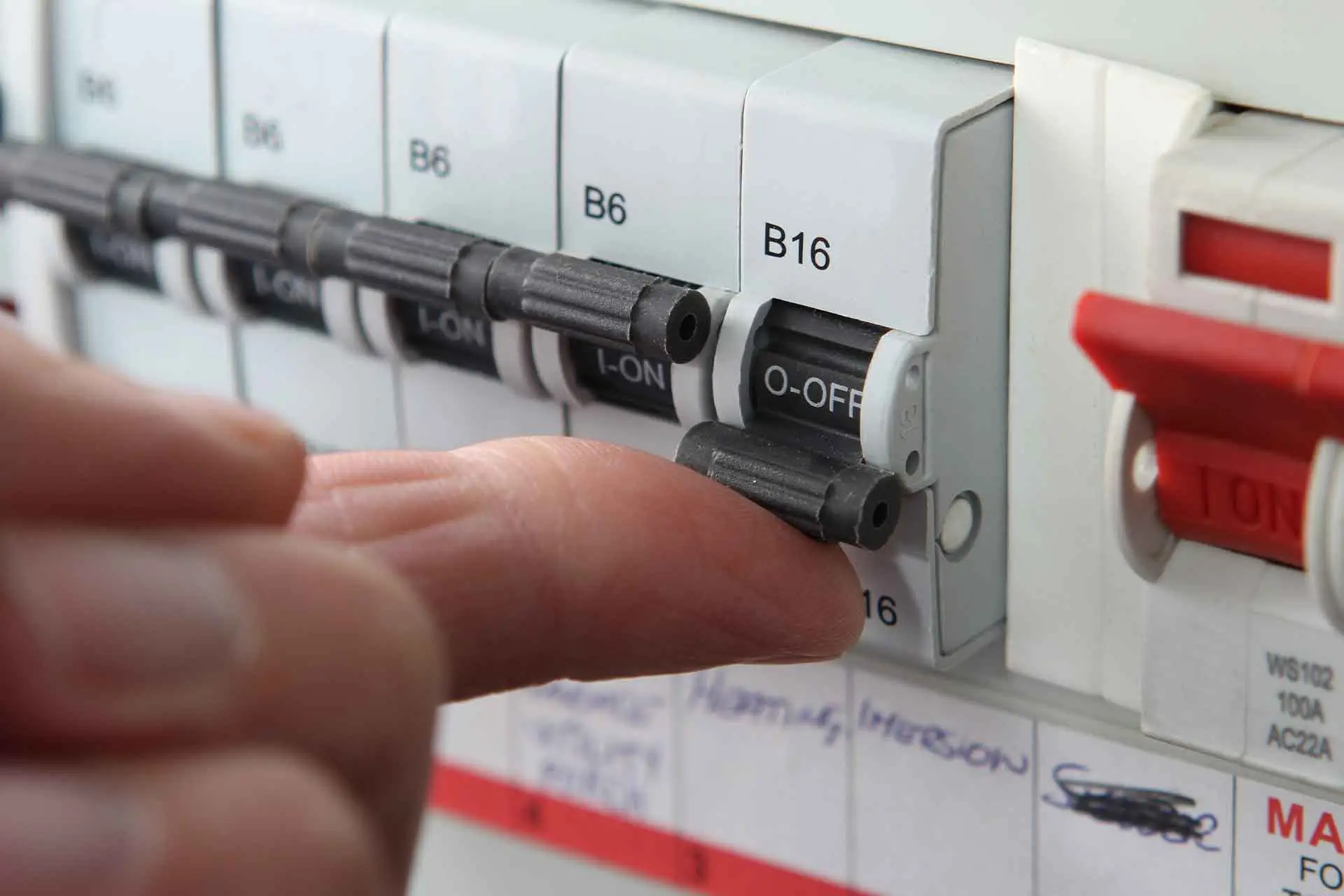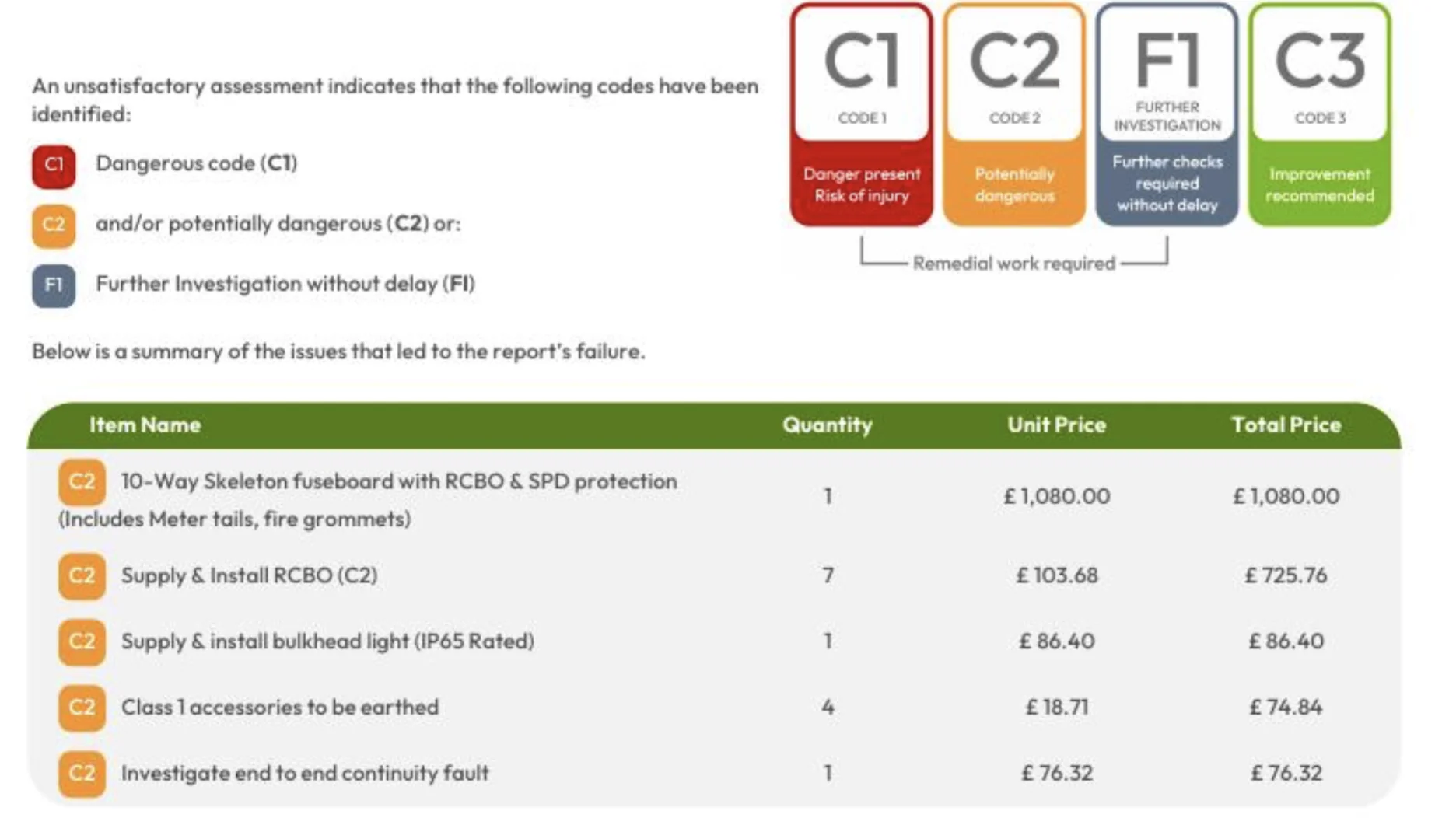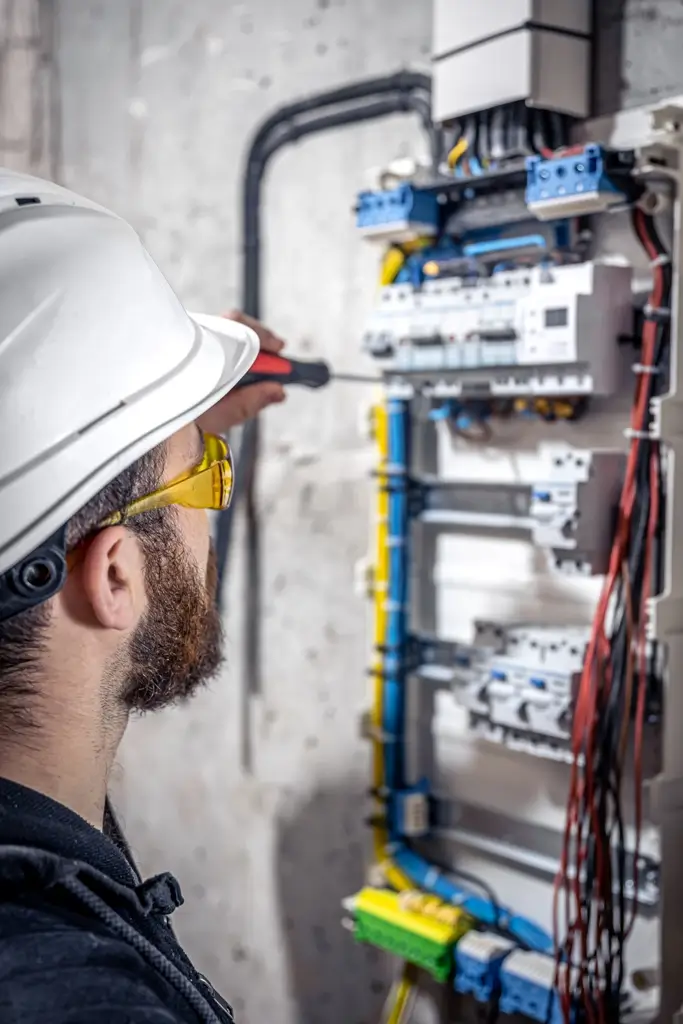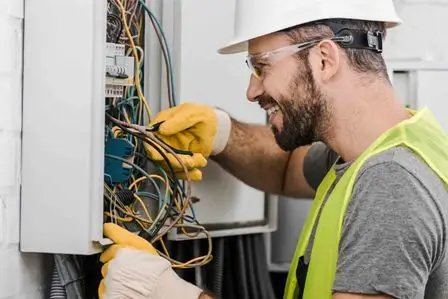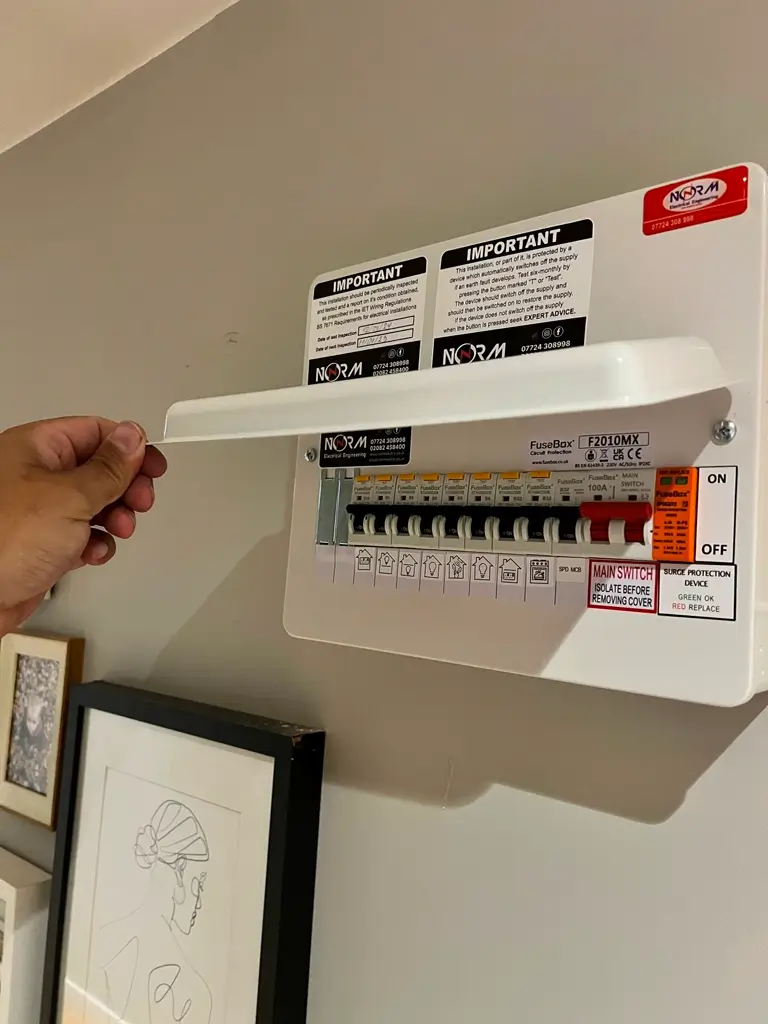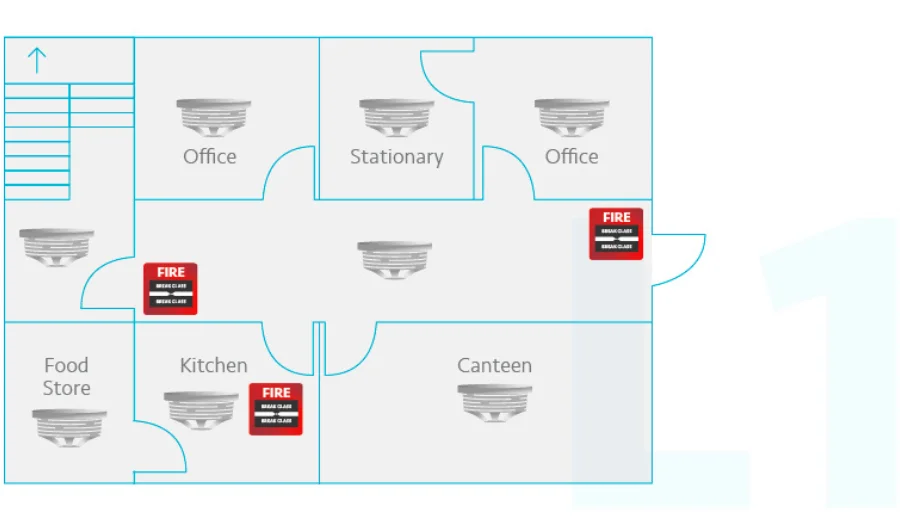Finding a Reliable and Certified Electrician in Your Area: A Comprehensive Guide
When it comes to electrical work in your home or business, it’s critical to hire a reliable and certified electrician. Ensuring that the person handling your electrical needs is qualified will not only ensure safety but will also guarantee that the work complies with local regulations and industry standards. Whether you’re dealing with routine maintenance, repairs, or a complex installation, finding a trustworthy electrician is essential.
Why Hiring a Certified Electrician Matters
Electrical work can be hazardous, and attempting to tackle electrical issues without the proper skills and knowledge can lead to serious risks, such as electrical fires or electrocution. Certified electricians are trained to handle electrical systems safely and efficiently. They understand how to follow building codes, safety standards, and regulations, ensuring that all electrical work is completed correctly and up to code.
Hiring an unqualified person to perform electrical work may not only compromise the safety of your property but could also void your home insurance policy, especially if an accident occurs due to improper wiring or installation. In contrast, certified electricians have passed rigorous exams and training to prove their skills and expertise.
What Certifications Should You Look For?
In the UK, certified electricians should be registered with a recognized body that ensures they meet the required standards for the electrical work they perform. Some of the most important certifications and qualifications to look for include:
Part P Registration: This is a part of UK building regulations that apply to electrical work in homes. An electrician who is Part P registered is authorized to carry out electrical work in residential properties.
National Inspection Council for Electrical Installation Contracting (NICEIC): The NICEIC is a leading regulatory body that offers a certification scheme for electricians. A NICEIC-accredited electrician has met the necessary industry standards and is regularly assessed to ensure continued competency.
Electrotechnical Certification Scheme (ECS): An ECS card indicates that an electrician has the necessary skills and training to carry out electrical work safely.
City & Guilds and NVQ Qualifications: Many electricians in the UK hold qualifications from City & Guilds or NVQs in Electrical Engineering, which are internationally recognized and provide proof of competency.
How to Find a Reliable and Certified Electrician
Finding the right electrician can seem daunting, but there are several steps you can take to make sure you’re hiring someone trustworthy and qualified for the job. Here are some key tips for finding a reliable and certified electrician:
1. Research Online
Start by searching online for electricians in your local area. Look for electricians who have positive reviews, good ratings, and provide clear details about their services. Websites like Trustpilot, Google Reviews, and Checkatrade offer reviews from past customers, which can give you a sense of the electrician’s reliability and work quality.
Additionally, you can check the official websites of certification bodies, such as the NICEIC, to find a list of certified electricians in your area. For example, you can visit the NICEIC’s official website here.
2. Check for Proper Certifications
As mentioned earlier, make sure the electrician is registered with an appropriate certification body like NICEIC, which ensures they are qualified to perform electrical work. For example, you can check the government’s Electrical Safety First website for more information on finding certified electricians.
Another great resource for checking electricians’ qualifications is the government-backed GOV.UK website. Use the search feature to verify whether the electrician is registered with a legitimate body and to check whether they hold the necessary qualifications.
3. Ask for References
Before you commit to an electrician, ask them for references from previous clients. A reputable electrician should be able to provide examples of their work and put you in touch with customers who can vouch for their services. Speaking with a previous client is a good way to gauge their satisfaction and the quality of work performed.
4. Get Multiple Quotes
It’s always wise to get quotes from at least three different electricians before making a decision. This will give you an idea of the average price for the services you need and help you identify whether any quotes seem unusually low or high. Be wary of extremely low quotes, as this could be a sign of subpar work or unqualified contractors.
Additionally, ensure that the quote includes a detailed breakdown of all costs associated with the project, including labor, materials, and any potential additional fees. A good electrician should be transparent and clear about pricing.
5. Verify Insurance Coverage
When hiring an electrician, always ensure they have proper insurance coverage. A reputable electrician will carry public liability insurance that covers any damage or accidents that may occur during the job. This provides protection for you as a homeowner and ensures that any damage caused during the electrical work is covered.
You can verify whether an electrician carries insurance by asking them to provide proof of coverage.
6. Ensure Clear Communication
Good communication is essential when working with any contractor. When hiring an electrician, ensure they listen to your needs, provide clear explanations of what needs to be done, and are open to answering any questions you may have. Avoid electricians who seem vague or are unwilling to explain their work processes.
7. Ensure Compliance with Building Regulations
Electrical work in the UK must comply with building regulations. Any electrician you hire should be familiar with the relevant regulations and ensure that their work meets the necessary standards. For example, electrical installations, such as new circuits or major rewiring, should be approved by your local building control authority.
Electricians who are members of accredited schemes like NICEIC or the Electrical Contractors’ Association (ECA) are often authorized to self-certify their work, which means they can notify your local council that the work complies with building regulations. This saves time and ensures the work is done legally.
You can read more about building regulations for electrical work on the GOV.UK website.
Common Electrical Services Provided by Electricians
Electricians provide a wide range of services, from small repairs to large installations. Here are some of the most common electrical services:
Wiring and Rewiring: For older properties or new builds, rewiring may be necessary to ensure the electrical system is safe and up to code.
Socket and Switch Installation: If you need additional sockets or switches, an electrician can help ensure that they are installed safely and in compliance with building regulations.
Lighting Installation: Whether you’re installing new lighting in a room or upgrading your outdoor lighting, a qualified electrician can ensure your lights are installed safely and work efficiently.
Electrical Inspections and Testing: Regular inspections are important to ensure that your electrical system is safe. A qualified electrician can provide electrical testing, such as an Electrical Installation Condition Report (EICR), which is required for rental properties.
Fuse Board Upgrades: If your fuse board (consumer unit) is outdated or inadequate for your electrical needs, an electrician can replace it with a modern unit that offers better protection.
Smoke Alarm and Security Systems: Installation of smoke alarms, carbon monoxide detectors, and security systems like CCTV can all be handled by a qualified electrician.
What to Expect During an Electrical Inspection
When you hire an electrician for an inspection or testing, they will typically perform the following steps:
Visual Inspection: The electrician will visually check the condition of electrical outlets, wiring, and equipment for any visible signs of wear, damage, or outdated components.
Testing: The electrician will use specialized equipment to test the electrical systems for faults, including checking circuit breakers, fuse boards, and wiring to ensure they are functioning properly.
Report: If the inspection is part of an EICR, the electrician will provide you with a report that outlines the condition of your electrical system, including any faults or issues that need to be addressed.
Recommendations: Based on the findings, the electrician will recommend any necessary repairs, replacements, or upgrades to ensure your electrical system is safe and compliant with regulations.
Conclusion
When it comes to electrical work, hiring a certified and reliable electrician is essential for ensuring safety, compliance, and high-quality service. By doing your research, checking certifications, asking for references, and ensuring clear communication, you can hire an electrician who will meet your needs and deliver reliable work.
Remember that working with a registered and experienced professional is crucial for protecting your property and your loved ones from electrical hazards.
For more information on electrical safety, guidelines, and finding certified electricians, visit government websites like Electrical Safety First, or check the GOV.UK website.
For any electrical services, including emergency repairs, installations, and inspections, contact Norm Electrical Engineering at Norm Electric, or reach them by phone at 0208 245 8400 or 07724 308 998.



